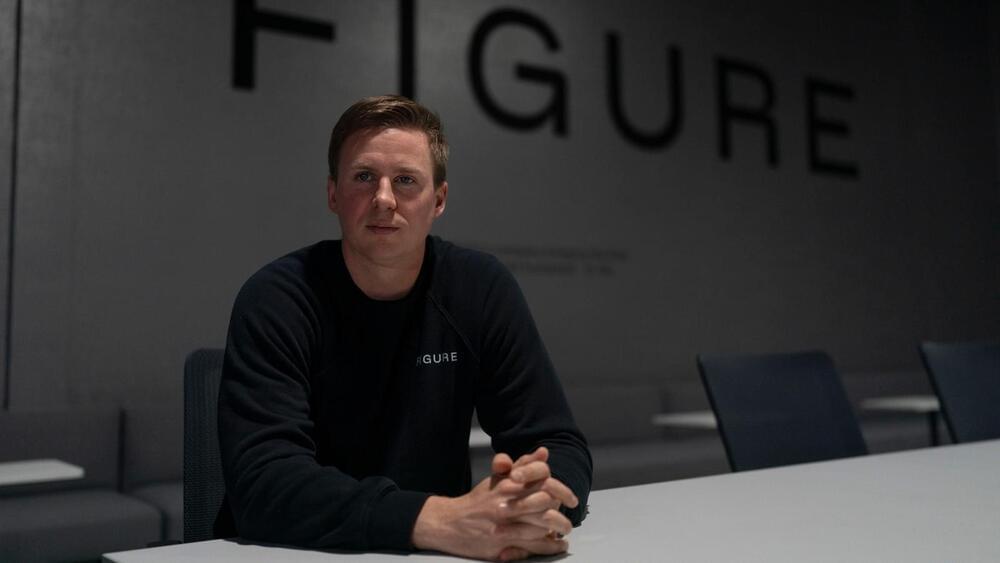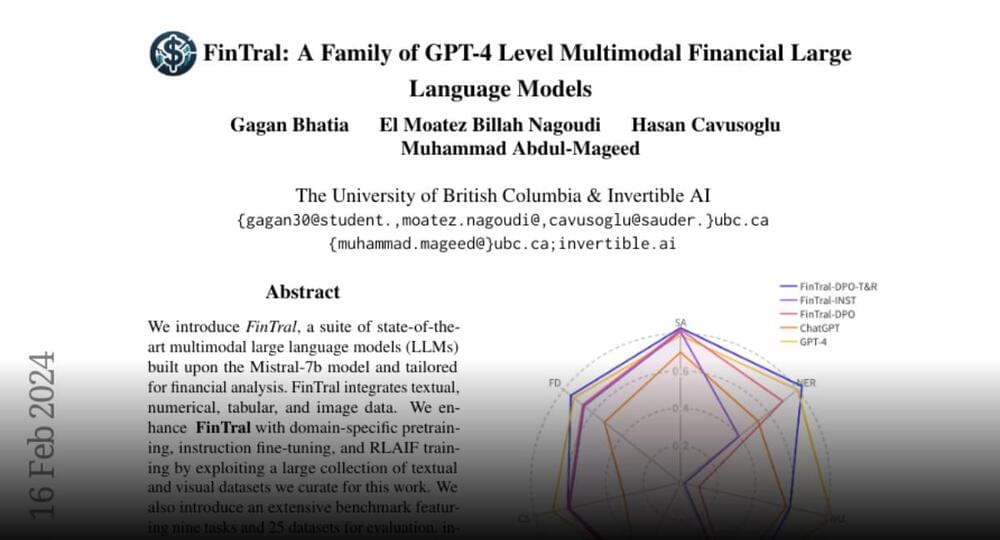From early in his career, Kamal Kesour understood the damaging effects of urban noise and was aware of the instrumentation used to measure and control it. He had lived in big cities, and after his PhD he went to work for an environmental consulting firm that specialized in urban noise. But it wasn’t until later, during a research position at Innovation Maritime in Canada, that he realized marine mammals can experience similarly noisy environments. This noise comes from underwater vibrations generated by shipping vessels transporting goods around the world. Kesour now has a career helping to make maritime transportation vessels less noisy.
Kesour has spent the past few years in Rimouski, Canada, at the Marine Acoustic Research Station (MARS), which lies on the banks of the St. Lawrence Estuary and is jointly led by Innovation Maritime, the Rimouski Institute of Marine Sciences, and engineering consultancy OpDAQ systems. There, he measures ambient underwater noise from ships as they pass on their way to and from the Atlantic Ocean or North America’s Great Lakes. He also conducts on-ship measurements to help pinpoint noise sources and to “fingerprint” the vibrations of individual ships. Physics Magazine caught up with Kesour to learn more about his measurements and their implications for noise pollution produced by the shipping industry.
All interviews are edited for brevity and clarity.







